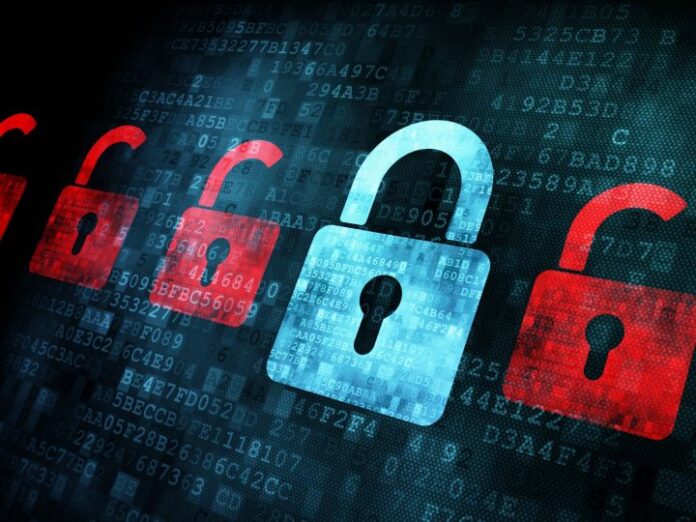Cisco, Interpol partner to combat cyber criminals worldwide
Following a day after Amazon Web Services (AWS) unveiled its “Secret Region” cloud service for the U.S. Intelligence Community, Cisco announced it will share threat intelligence with the international police network Interpol in a joint effort to fight cyber crime. Cisco said the organizations will work together to develop a coordinated and focused approach to data sharing.
Cisco is a major provider of hardware like routes and switches, which help power the web. Due to this, the company has access to information about the world’s largest companies and governments. Cisco’s security team Cisco Talos will supply unspecified intelligence to Interpol on a host of cyber threats. The company claims its security technology currently thwarts approximately 19.7 billion threats a day.
“As cyber crime continues to escalate around the world, defenders from both the public and private sectors must meet the threat with equal force,” said John N. Stewart, chief security and trust officer at Cisco. “Visibility and comprehensive threat intelligence across the cyber domain are critical to enable detection, analysis, and protection against emerging threats. We are pleased to collaborate with Interpol to exchange threat intelligence and find other knowledge-sharing opportunities to fight cybercrime globally.”
According to Noboru Nakatani, executive director of IGCI, the purpose of the collaboration is to help Interpol and law enforcement units in 192 member countries, which will support cyber threat detection and prevention.
Interpol isn’t exactly known for being apolitical. The company has been charged of favoring countries over others. In October, for instance, Russia placed a critic of Vladamir Putin’s on the Interpol wanted list, which many believed was politically motivated.
While several tech companies have clients in the government sector, Cisco’s collaboration with Interpol is at odds with how the tech industry usually handles data requests from government agencies. Tech companies like Apple and Twitter, for instance, typically demand warrants prior to sharing data with law enforcement. Nevertheless, Cisco claims such collaboration is needed to curtail the cybersecurity threats plaguing the world.
This isn’t the only data-sharing agreement Interpol has recently landed. In October, for example, BT signed an agreement with Interpol to share data as part of a wider initiative to combat cyber attacks globally. The company said its threat intelligence experts would provide support to Interpol cyber wing, Global Complex for Innovation (IGCI), in pinpointing cyber criminals.

